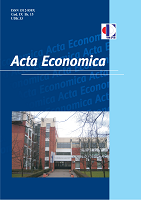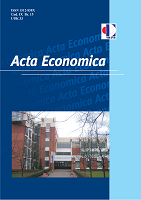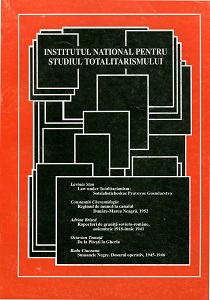
The Right Wing Totalitarianism in Romania 1919-1927
The Right Wing Totalitarianism in Romania 1919-1927
Keywords: Romania; political history; totalitarianism; right wing; 10s; 20s;
At the end of World War II many extremist and totalitarian movements appeared and extended all over Europe. They have been generated by the serious degradation of the living condition of millions of people, War losses, the incapacity of the existent governments to cope with the new situation, the changes worked in the mentality of the people and the desire to refresh the social and democratic structures.
More...



